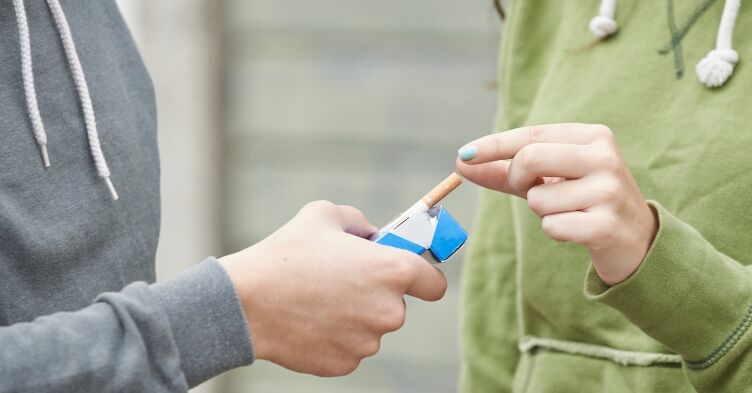The Joint Committee on Vaccination and Immunisation (JCVI) has recommended that a universal chickenpox vaccination programme is included in the routine childhood schedule.
The programme would use the combined measles, mumps, rubella and varicella (MMRV) vaccine and would include two doses at 12 and 18 months of age.
This recommendation is based on evidence from other countries showing that a 2-dose schedule including varicella can reduce the number of chickenpox cases ‘rapidly and dramatically’.
The JCVI has also recommended that a catch-up programme begins after implementation.
Around half of children have had varicella by the time they are four years old, and around 90% have had it by 10, according to Government data.
But the JCVI has highlighted that reduced social mixing during the pandemic has meant that there is now a ‘larger pool’ of susceptible children.
In its recommendation, the committee cited a hospital surveillance study which found that ‘complications from severe varicella were common, costly and placed a burden on health services’.
Using combined MMRV vaccine as a first dose has been associated with a ‘slightly increased’ risk of febrile seizures compared to using the varicella-only vaccine and separate MMR vaccine.
However, the JCVI has recommended the combined MMRV product since it means fewer injections are needed each time a child comes in – studies have shown this is in line with parent preference.
The recommendation also said: ‘Due to the larger pool of varicella-susceptible children following the pandemic restrictions and, as vaccination is predicted to significantly decrease circulation of varicella, susceptible people may continue to be vulnerable to catching varicella as they head into adulthood.
‘Therefore, the committee considered that it would be beneficial to ensure that a catch-up programme is implemented to prevent a gap in immunity.’
In September, the UK Health Security Agency said it was seriously concerned about an ongoing downward trend in childhood vaccines uptake – annual figures showed from the last financial year showed falling uptake of between 0.1 and 0.2 percentage points across 12 of 14 measures.
This article first appeared on our sister publication Pulse.







